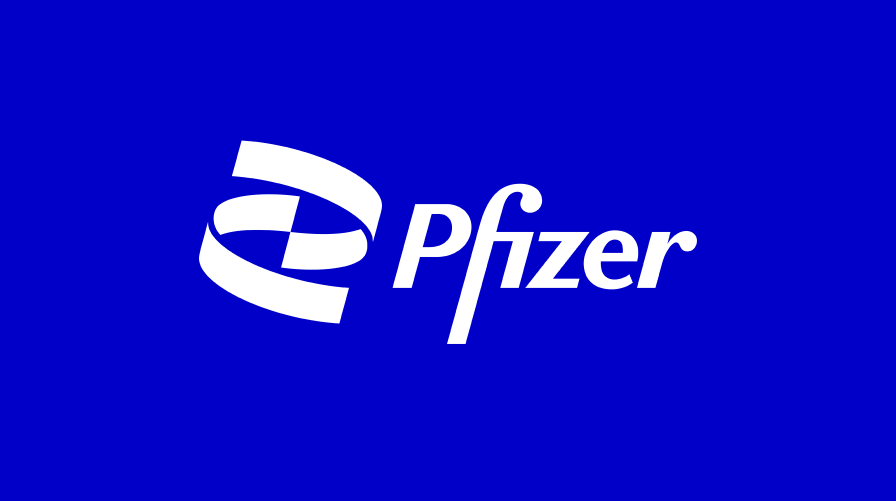
Pfizer India, a subsidiary of Pfizer Inc., has been a key player in the Indian pharmaceutical market since 1950, aligning its inception with India’s republic status. Operating through three entities—Pfizer Limited, Pfizer Products India Pvt. Ltd., and Pfizer Healthcare India Pvt. Ltd.—it employs over 5,500 people and generates annual sales exceeding Rs. 2,000 crores, making it the fourth largest multinational pharmaceutical company in India by revenue. With a portfolio of over 150 products across 16 therapeutic areas, including oncology, vaccines, and rare diseases, Pfizer India serves millions through innovative treatments and a strong local brand presence. Its three manufacturing plants in Goa, Visakhapatnam, and Ahmedabad, alongside 18 partner sites, produce 4.5 billion units annually, with exports to over 50 countries, supporting India’s “Make in India” initiative. The company has invested over USD 1 billion in R&D and manufacturing, with two R&D centers, including a significant facility at IIT Madras, focusing on oncology and anti-infectives. In 2024, Pfizer launched its first global commercial analytics center in Mumbai, leveraging AI and data analytics to enhance marketing and sales across 140 international markets. Despite global cost-cutting, India remains a priority growth market, with plans to expand manufacturing, sales, and R&D. The company’s robust distribution network, comprising 19 CFAs and 1 HUB, ensures supply to 7,500 stockists and 2,100 institutions, maintaining resilience during crises like the COVID-19 pandemic. Listed on the Bombay Stock Exchange, Pfizer Limited has over one lakh shareholders and a promoter holding of 63.92%, reflecting strong financial stability, though recent share price trends show a 6.75% decline over the past year.
Latest News on Pfizer
No Results Found
The page you requested could not be found. Try refining your search, or use the navigation above to locate the post.
Recent Updates
No Results Found
The page you requested could not be found. Try refining your search, or use the navigation above to locate the post.